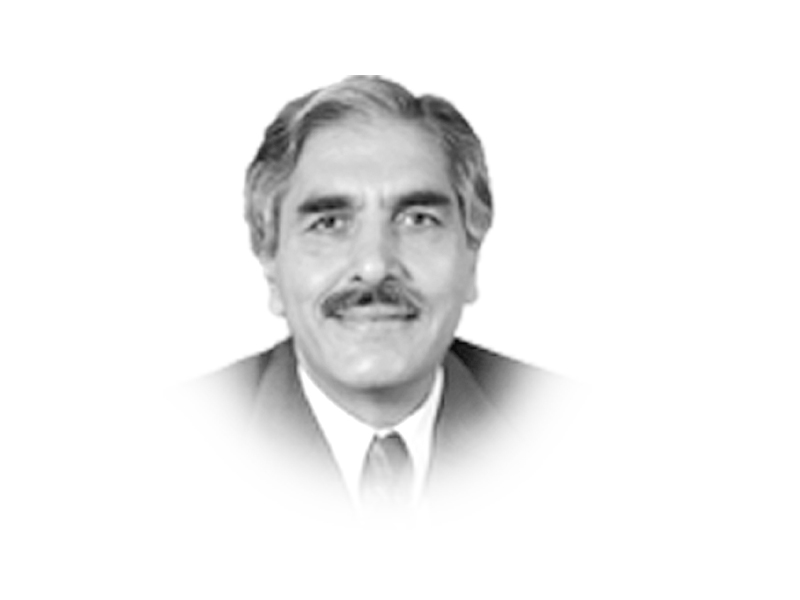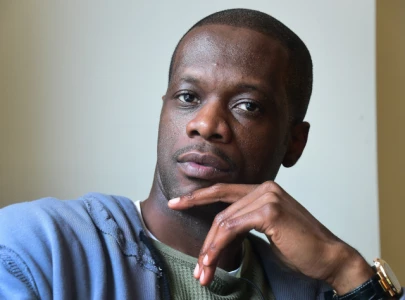
Parties are putting out manifestos full of promises, with timelines to fulfil them. Some are readily doable, many hard to believe, and some are, well, political jargon for lies. In all this election rhetoric, one issue that is getting more mention this time across all parties is education. Astute as they are, they are even putting a price tag on the investments they will make, knowing well that this will add wind to their political sails. Be that as it may, these are God’s small mercies that I wish and pray convert to public policy.
Of course, we are accustomed to the vacuous promises politicians make. But things change. Who would have thought the innocuous Article 62 would sting those who let it stay in the Constitution with such malice? Or, that a little fib about academic qualifications five years back would knock them out of the elections? While some of it appears sadly comical, suffice it to say that a new paradigm is at play. We may yet find a path for Pakistan. But we are inured with empty words. Politicians have talked the talk on education long enough; let’s nudge them to now walk that talk.
What is obvious is that education is the only panacea for us, and the path to national salvation cannot be found without educating Pakistan. We know this, our parents knew this, and their parents and on and on because we strive to educate our children well, just as our parents did. And we — the power brokers and policymakers — have created perfect little niches where our scions get a good, credible education. It’s only when we formulate policies for the poor and downtrodden, i.e., the vast majority, that our eyes become hazy and we get entangled in cliches and empty rhetoric. Let us keep it simple. Let us try to do unto others as we do unto our own. Let us try to give children in the public sector school system some fighting chance against the children of the elite. God creates all men equal; we are unjustly creating an educational apartheid.
When you cut to the bone through the technical, administrative and a myriad other reasons afflicting public sector schools, a stark reality staring us in the face is the woefully inadequate investment we make in education. At this point, many will argue that even the current investment is not properly utilised, and even with all the restraints, some schools perform better than others. This only obfuscates the fundamental argument. Some schools may be performing better, but none is even close to where we want them because of inadequate funding.
If one researches public sector investment in education, one will find Pakistan near the bottom. Cuba invests around 17 per cent of its GDP on education; the US over five per cent. India, Bangladesh and Nepal are also ahead of us as we are painfully feeling the blowback from a flawed policy in pitiful educational statistics. This is now starkly manifested in the breakdown of institutions and society, where an out-of-school kid has no qualms blowing people up for a pittance because of hopeless despair. My eminent colleagues, vice chancellors of public sector universities, have deliberated over the malaise in the education sector and are of the unanimous view that the singular important reason is inadequate funding. Unless education is better funded, we will continue to plummet in a dizzying spiral.
Once the policymakers decide that empty words are not enough and serious money needs to go into education, modalities of how it can be efficiently achieved can be readily worked out. Let us chastise the political elite into making education their top priority — no ifs, no buts, no hows.
Published in The Express Tribune, April 27th, 2013.
COMMENTS (6)
Comments are moderated and generally will be posted if they are on-topic and not abusive.
For more information, please see our Comments FAQ













Sorry, for last sentence which should be read; ... and lame politicians cannot even ask them.
Oh yes, inadequate funding! Existing funds are just not sufficient to buy more luxury vehicles for Vice Chancellors and their cronies. It is a shame that officials of poor universities are living like Czars and Mughals, and lame no one even asks them,
It's hard to allocate money to Education, Health, Sanitation or much of anything else when most of your money ends up allocated to the military. I could see a temporary enormous allocation to the military if you were actually fighting someone but your at peace with India and it's been years since your last campaign against the Taliban (even that used less than 5% of the available military). Perhaps it's time to reassess priorities.
It is encouraging to see a VC talk the talk about education as a whole and avoid the confusion that Education equals HEC.
A very sensible and scholarly Op Ed by ET. Thanks for holding the feet of the big claimants to the fire. We have to answer one question that what part of budget (GDP) would be cut to double or triple the education? Something from the budget pie has to be cut in order to increase the other. I would love to increase the education to 10%, basic healthcare to 20% of GDP and so on but at the cost of what? Even in the US and other rich countries when expenses are increased in the budget something has to give up. With the huge non productive expenditures it is not possible to increase any social welfare expenses. Those who argue that even the current allocation is not spent correctly are making excuses not to increase the budget fraction for poor masses. It is not just the education, corruption is in every sector and nobody talks about that. You end the Op Ed with prophetic truth: "My eminent colleagues, vice chancellors of public sector universities, have deliberated over the malaise in the education sector and are of the unanimous view that the singular important reason is inadequate funding. Unless education is better funded, we will continue to plummet in a dizzying spiral." Thanks for the try to help poor masses of Pakistan.
Imtiaz Sahab - It would have been more informative if you had compared the education manifestos of different political parties and their previous track record to project their future performance in the domain. Anyways, going by the level of investment as % of GDP and interest in ending educational apartheid, I feel that PTI leads the pack since they plan to shore up their spending upto 5% of GDP (I would have liked it to be more, but this is workable as well) and standardize educational curriculum across the country. I would also add that within the allocated funds, more resources need to be directed towards improvement of female education.